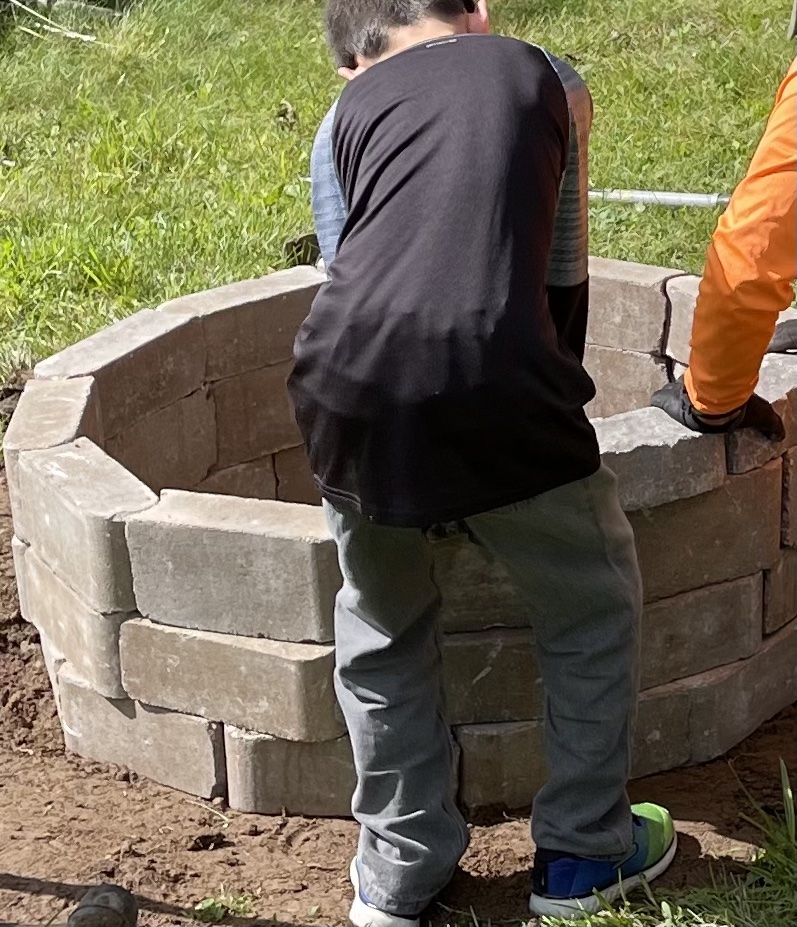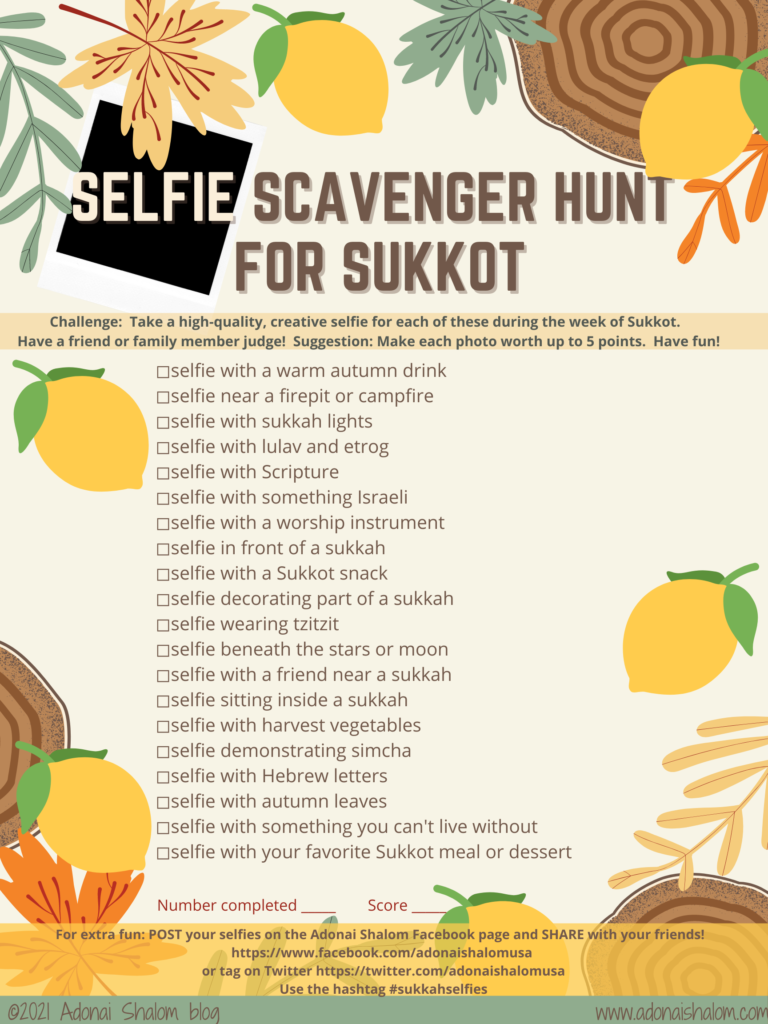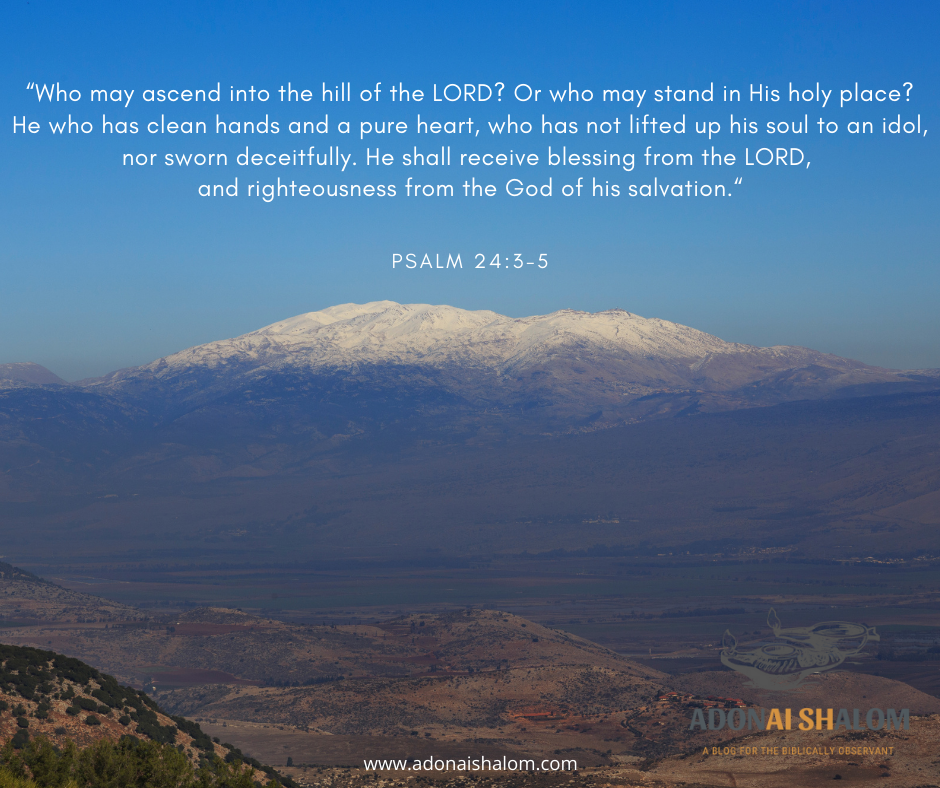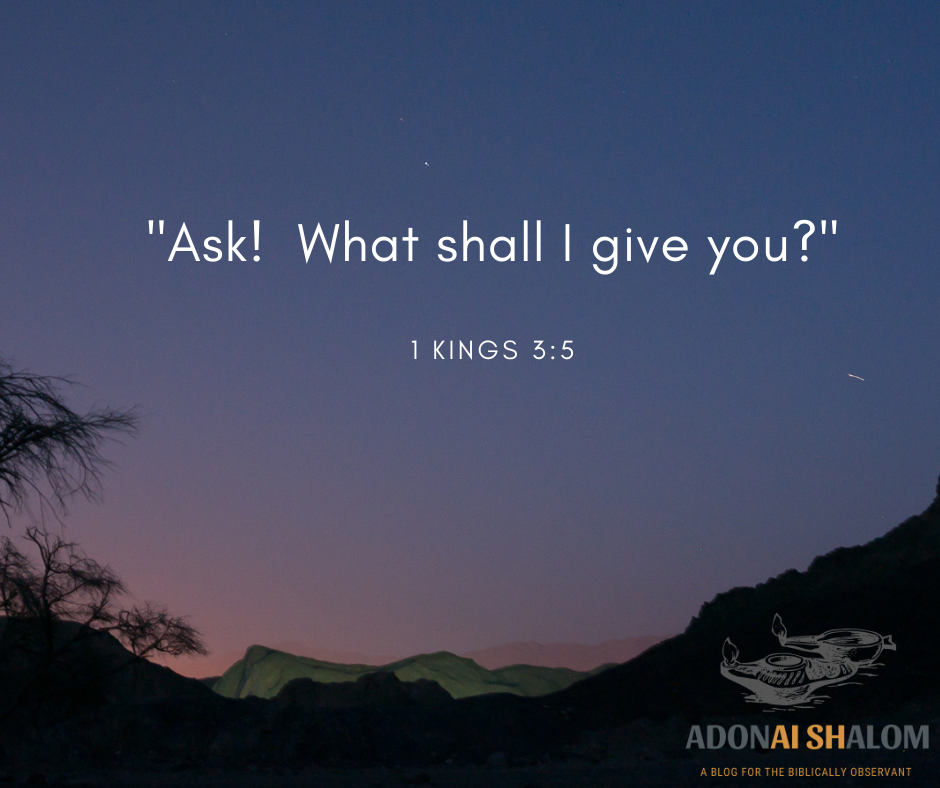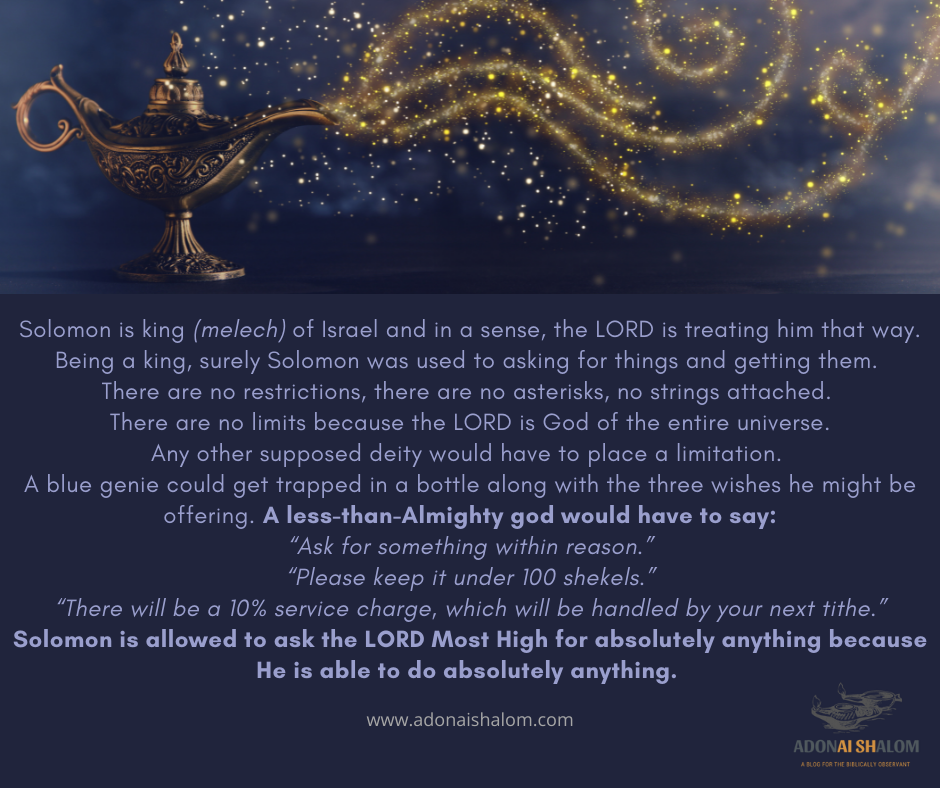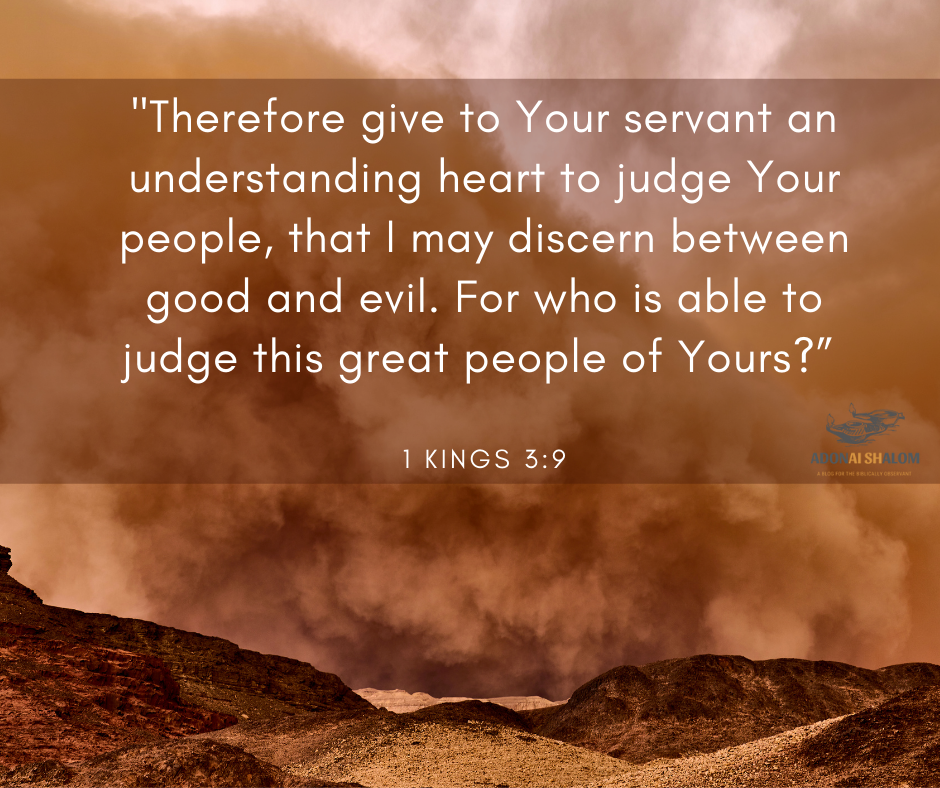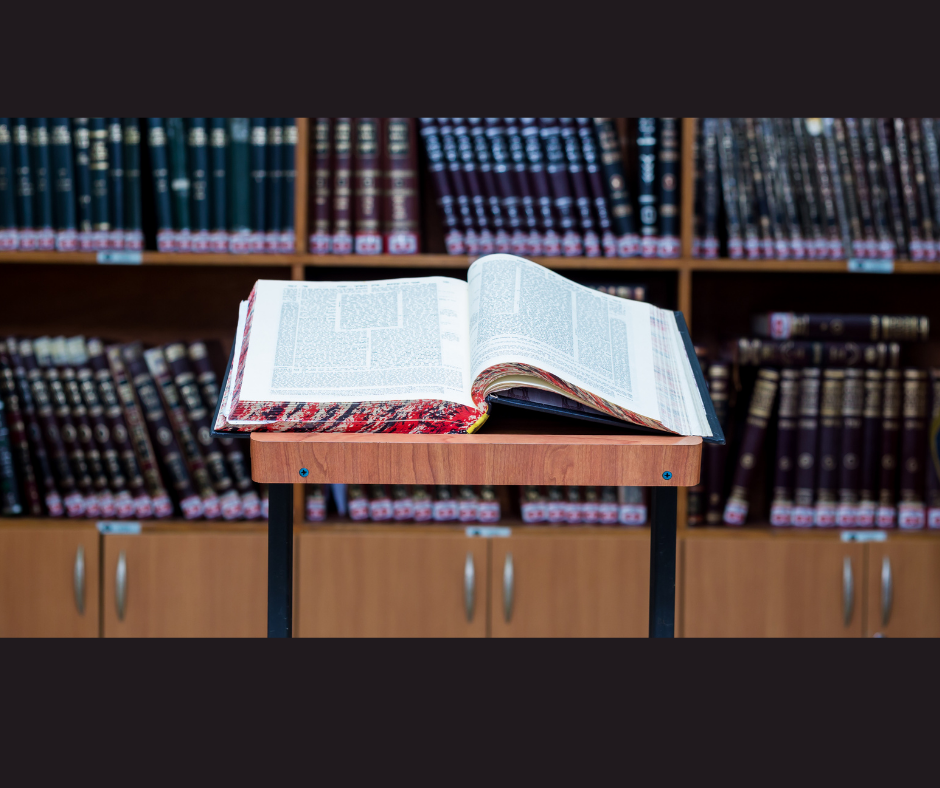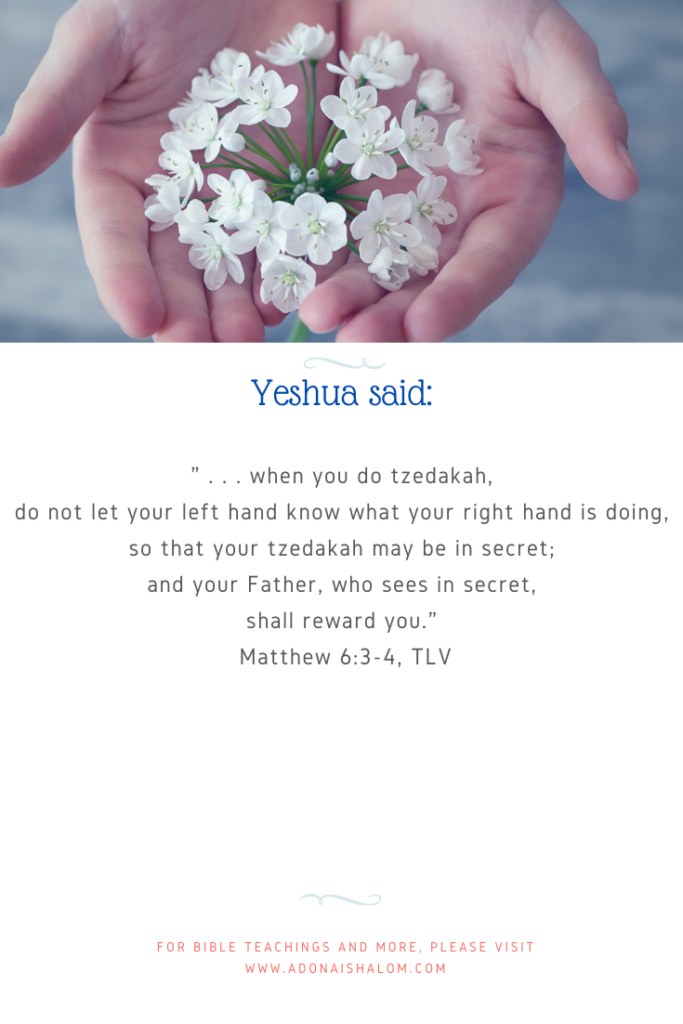Justice, justice you must pursue
Parashat Shoftim (D’varim/Deuteronomy 16:18-21:9) 5782 B”H
Justice in the Land of Israel
This passage in D’varim (Deuteronomy) details how the nation of Israel should achieve justice for its inhabitants.
Here we find instructions regarding the appointing of judges, the process through which legal claims should be investigated, as well as the necessity for legitimate witnesses to be present at trial.
Even among God’s chosen people, there would be criminals.
There would be those who would intentionally cheat others.
And surely there would be an Israelite or two who would steal from others.
In extreme cases, one would end up murdering another and undoubtedly a few would turn from the God of Israel to seek after false gods using sorcery and witchcraft.
So the Word of God addresses all of this:
“So you are to purge the evil from your midst.” Deuteronomy 17:7b
Rebellion does not have to be the future for your family
Samuel told Saul in 1 Samuel 15:23 that rebellion is as bad as witchcraft and that stubbornness is like idolatry.
The world applauds rebellion and even expects it in their teenagers.
Dear reader, if you are a disciple of Messiah, rebellion does not have to be the future for your children.
Do not accept society’s norms.
Align your lifestyle to the Word of the LORD. Train your children to love the LORD with all their heart.
Show them the calamity that rebellion brings and pray that they will choose obedience and grace over chaos and self-destruction.
Biblical Justice
Sadly, today, the very term “justice” has become obfuscated by those who would pervert justice to suit their own desires and agendas. Some even worship the goddess “justice.”
Yet real Biblical justice is intended to be at the core of our faith!
So we need to understand true Biblical justice.
Biblical justice is about fairness. In the United States, we enjoy a special legal system which attempts to ensure fairness when one is accused. The system is not perfect and those who run the system are certainly fallible, but a high precedent is set and the expectation in our country is that justice can be served.
In many other countries, this is not the case. Tyrants and dictators do not favor due process and corruption prevails. Those of us who live in free nations ought be very grateful, and we must pray for those in authority so that the legal system can be trusted and fair trials ensured.
American Jurisprudence
Did you know that our legal system in the U.S. and procedures for due process are based on Torah?
Indeed, the American legal system was profoundly shaped by the writings of the Hebrew Scriptures. The 14th Amendment, in particular, reflects the concept that all citizens deserve equal protection under the law. Due process is based on this Biblical concept: “Justice, justice, you shall pursue.”
“Justice, justice you must pursue, so that you may live and possess the land that ADONAI your God is giving you.” Deuteronomy 16:20, emphasis added
Trying to memorize Scripture?
Notice this particular verse in the TLV translation nearly rhymes, making it an easy verse to memorize.
Justice, justice you must pursue
so that you may live and possess the land that ADONAI your God is giving you.
Justice and Righteousness are better than sacrifice
The Holy Scriptures tell us that
“To do righteousness and justice is more acceptable to ADONAI than sacrifice.” Proverbs 21:3
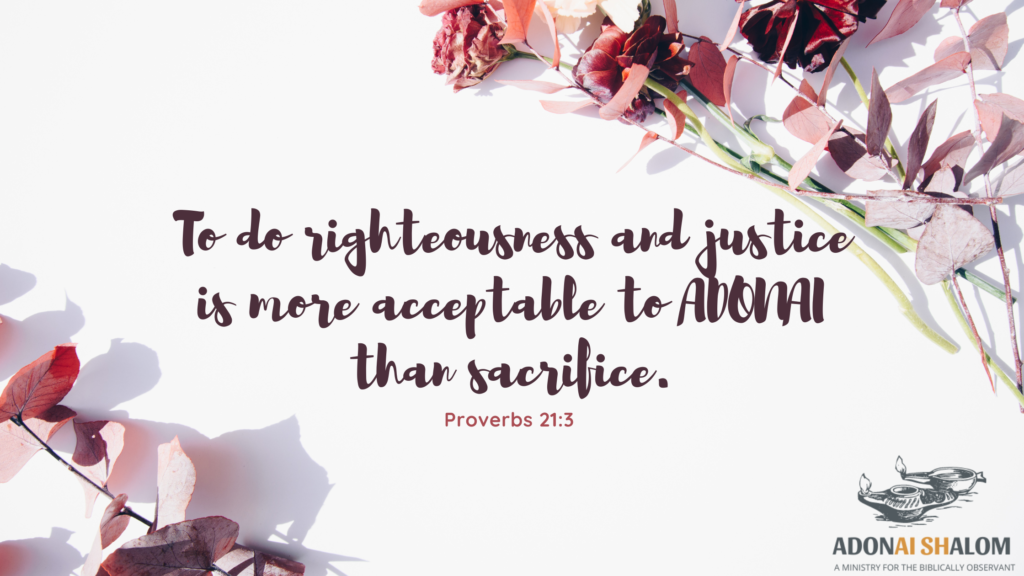
A sacrifice may atone for one particular sin, but if we live consistently in justice and righteousness, there would ultimately be no need for sacrifice because sin would be averted.
We are not perfect; however, and sin does creep into our lives.
There is nothing greater than the sacrifice Yeshua haMashiach (Jesus Christ) made for us. He lived in perfect righteousness and justice and also sacrificed Himself on behalf of us sinners, to make atonement for us.
As believers who have placed our hope and trust in our Savior, the best way we can demonstrate our gratitude is by living as He would – seeking justice and truly pursuing righteousness. We cannot possibly do so perfectly, but we ought to try. We ought to show a rebellious world how wonderful and different life can be when we strive to live in righteousness.
Ways we can seek to live in justice and righteousness
Honoring others, demonstrating love, quieting our attitudes, dressing modestly, reaching out to our neighbors offering help and kindness, minding our tongue so as not to speak judgmentally, offering genuine hospitality, managing our resources with wisdom and prudence, and creating a gentle home atmosphere so that our families live peaceably . . . these are all ways we can seek to live in justice and righteousness.
It isn’t enough to tell a rebellious world that we know a better way. We must show the world that we are different: they will know we are Christians by our love.
We have a new hope today. The criminal can be forgiven. The thief can be restored. The liar can learn Truth. The Messiah of Israel came to this earth to live and to die on behalf of those who would put their trust in His Name. You are not too far gone. Maybe you have lived a life of rebellion. Maybe you think there is no hope for you. What you need to know today is there is a Savior who loves you and He died so that you could live eternally in heaven with Him.
Please, put your trust in Him today. His divine and righteousness justice could have condemned us all for all eternity, but His love is such that He chose to save us, if we will allow Him into our hearts. He is so very just that we are all found guilty, but He chose to forgive us.
Will you trust Him today? We will you allow His righteousness to cover you? He loves you, and He wants to welcome you into His Kingdom as His very own child.
If you have made a commitment to trust in the Messiah, the Savior of the world, Yeshua (Jesus), please let us know! Please leave a comment so we can pray for you as you learn to walk under His righteous covering. You don’t have to fear. He is willing to forgive you, even today.
